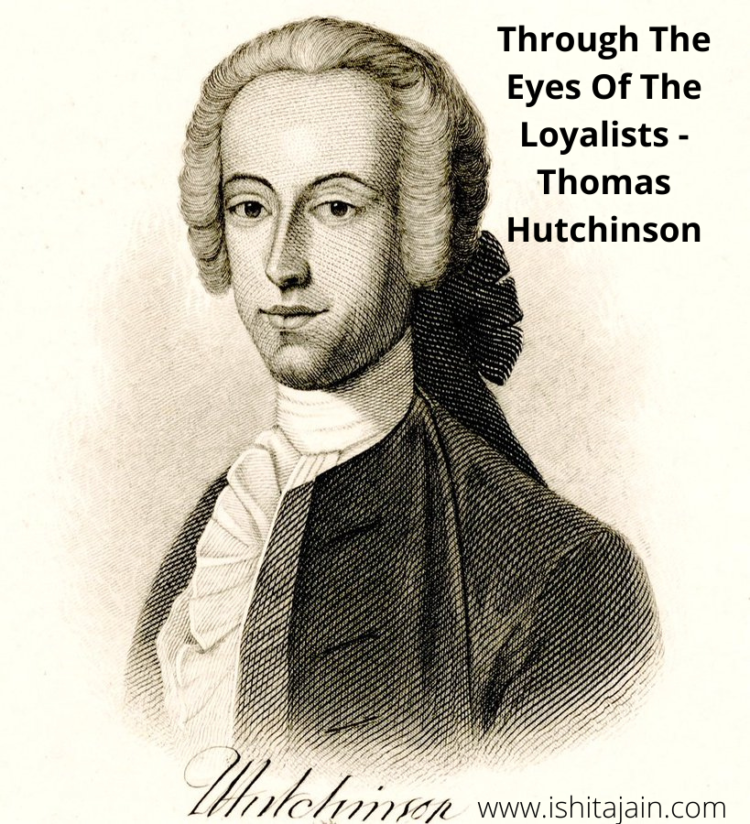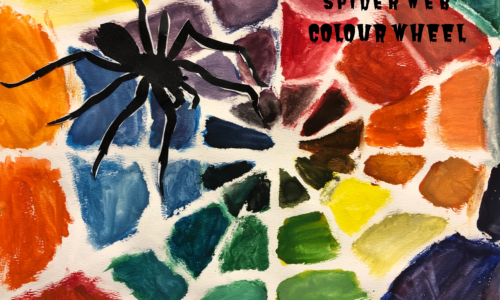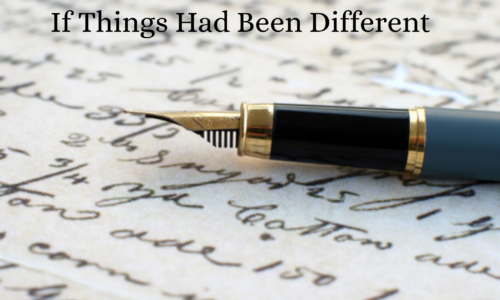The American Revolution was quite an interesting time that played a significant role in shaping North America into what it is today. I am going to be starting a short series on one of the sides in this war – the loyalists. The loyalists were the people living in North America that decided to remain loyal to Britain as they felt it would be in the best interest of their country. I am going to be writing letters from the perspective of four different loyalist parties, explaining what they did and why they did it, as well as what they had to experience. I hope you find these letters enticing and informative, and remember to keep your eye out for my next post in this series!
~~~~~
To Whoever This Letter Falls Into The Hands Of,
My name is Thomas Hutchinson. I am here to talk to you about the American Revolution. I was a loyalist. Many things happened, it’s hard to keep track of what led to the way North America is today, and how it will be in the future. I’m here to clear things up, and to share some of my own experiences so that future generations who read this learn the history of where they stand today. I think I’m also writing to sort out my ravaging emotions and hopefully atone for what I may have done wrong, though at this point, I’m not sure. The trauma is too much. I am writing here in London after coming from America but in truth, I would rather die in a little country farm-house in New England than the best Noblemen’s seat in Old England.
It started in the 1760s. All of us from the thirteen colonies lived in peace. We believed in freedom, the natural rights we all deserve. However, day by day, some part of our society was breaking away from British lead bit by bit. When Britain started raising the taxes, the Patriots wanted better treatment, hence rebelling. Us loyalists took a different route. Like the patriots, we strongly disagreed with Britain when they decreed laws like the stamp acts, when every printed piece of paper was taxed. However, while all of the patriots wanted to start a war, us loyalists wanted to take matters calmly and we believed that it would not fare well to break off of British rule since the provided us with economic benefits. So, we sided with Britain, as we believed that standing together would be for the greater good. Tensions were rising between patriots and loyalists. Finally, the civil war kick-started when those hot-heads in Boston tossed those 340 crates of tea into the sea. I think I speak for all loyalists when I say, that what we experienced next was unbearable.
Mind you, we loyalists also thought that the coercive acts (better known as the intolerable acts) were far from fair. Britain’s form of retaliation for the antics of the patriots in boston were quite harsh. Even so, we were still treated quite brutally. Probably one of the worst experiences we had to go through was tar and feathering. We were quite literally stripped of our dignity – covered in hot tar naked and then splattered with chicken feathers. Quite humiliating!! In total, the number of existing loyalists was quite outstanding – 500,000, and I’m sure, had the patriots not had been so successful at scaring people who made it clear that they were loyalists, I’m sure more of us would have come out.
Before the revolution, I was a merchant and politician. I became a member of the state-council of Massachusetts, and everyday my political status was getting higher. By 1770, I was named acting governor. The problem was that I was the only loyalist in a sea of patriots. I didn’t go with the flow as our society started breaking away from Britain. I made several enemies (like a certain blood-boiling patriot by the name of Samuel Adams) who are still looking to hunt me down as I write this letter. Perhaps I should also mention Benjamin Franklin – I was one of his most avid supporters for his plan for the colonial union and then that backstabbing scum found a series of letters between me and my lieutenant governor (Andrew Oliver) and then sent them to Samuel Adams. It was mainly because of my short alliance with him that I was partially blamed for the Stamp acts. Bostons, I probably may have already mentioned this before, are real hot heads. They burned down my home, all my important documents and research!! I would have been scorched alive if I hadn’t had escaped in time. In my time as governor, I wanted to bring what I could closer to Britain. I made the simple decision of getting a shipment of tea before the clearance papers were signed. Many advised me against it, but I suppose I was too stubborn to listen. I wanted to bring back a part of Britain. I knew that those clearance papers wouldn’t get signed, what with the whole war, but to be honest, I needed my cup of tea. Alas, this led to the Boston Tea Party. I’m afraid I may have worsened tensions between everyone…
~~~~~
I’ve heard stories about my great-great grandmother, Anne Hutchinson. She endured ill-treatment for her religion and for what she believed from Puritan officials. I sort of feel like her, being a different person in a group of all the same. But I’m not sure If I did something good. I want to say that I’m sorry. I feel like a coward for having fled back to London after the war. Though I tried to do my role and maintain peace as governor of Massachusetts, I don’t know if I actually made a significant difference or just made matters worse. It comes to me as a relief, finally taking a bit of this burden off my chest by writing it into a letter. At this moment, however, I must take leave. I expect this letter to survive a long time into the hands of generation after generation. Read this letter and remember the war. Remember what the patriots fought for and what the loyalists fought for. For those who don’t know history will repeat the same mistakes again.
Sincerely,
Thomas Hutchinson




Very nice!